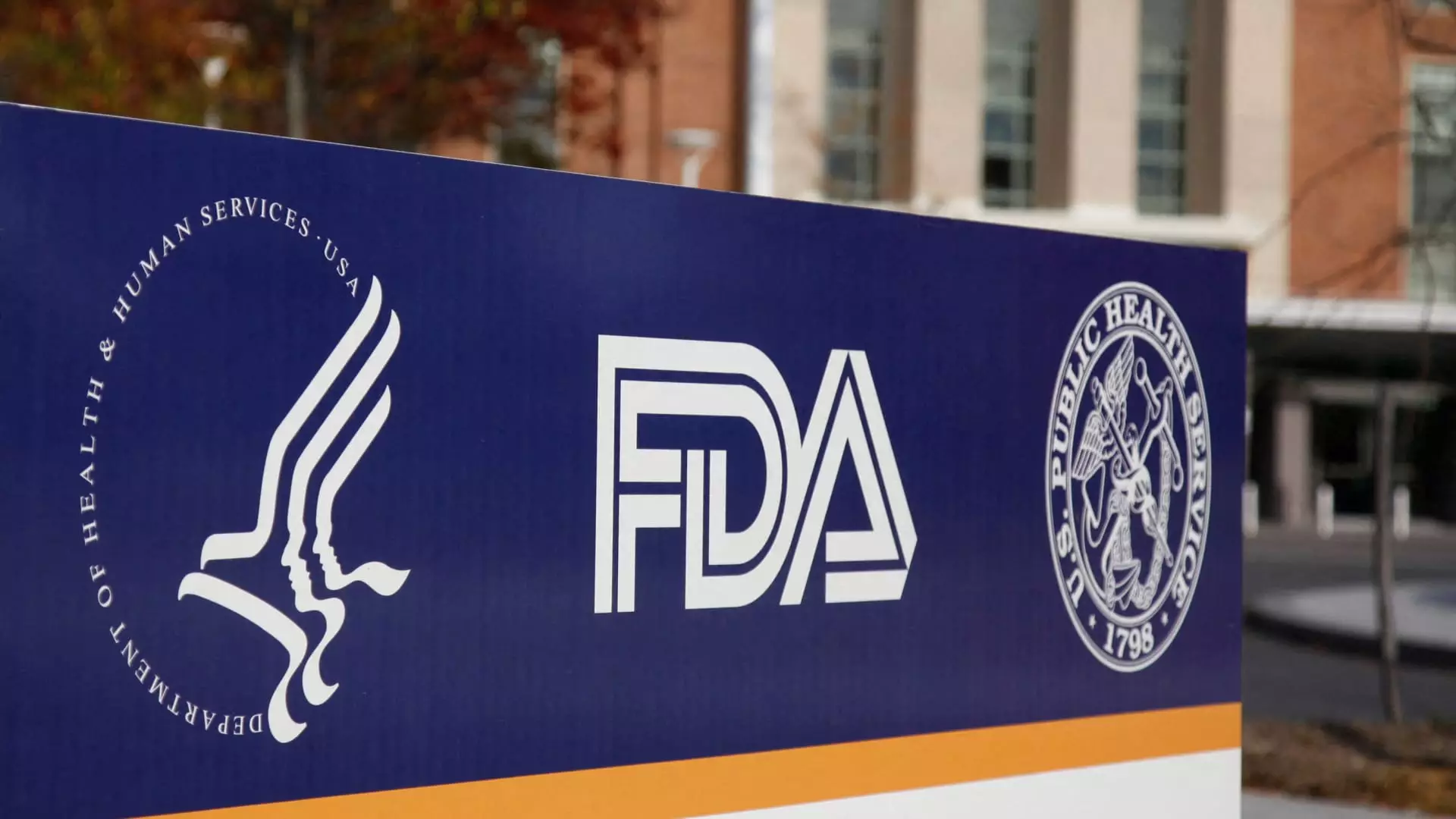In a move that echoes through the hallways of public health, the Food and Drug Administration (FDA) has dismantled a crucial component of its workforce. The Division of Learning and Organizational Development (DLOD), tasked with the imperative role of training not just FDA employees but also external health care professionals, has been effectively wiped off the map. This decision, driven by Robert F. Kennedy Jr.’s sweeping plan to restructure the Department of Health and Human Services (HHS), raises glaring questions about the intentions and consequences of such drastic actions.
While the FDA has painted a picture of necessary streamlining, the abrupt layoffs of over 30 dedicated staff members is a grim indicator of the administration’s priorities. The DLOD was not just a small division; it served as a backbone for the professional development and continuous education of a wide range of health professionals, including doctors, nurses, and pharmacists. Its elimination signifies a fundamental disengagement from the principles of public health that are meant to safeguard and enhance community wellness across the United States.
Job Cuts: A Veiled Attack on Public Safety
The HHS has justified its employment shakeup as an effort to “streamline operations and centralize administrative functions,” but the consequences on public safety are glaringly apparent. Amid headlines of job cuts totaling around 10,000 across HHS, including 3,500 at the FDA, this so-called streamlining brings about an alarming lack of resources and expertise in critical health policy areas. The FDA is entrusted with overseeing not only the safety of pharmaceuticals but also an array of food products and medical devices that are integral to everyday life.
This callous dismemberment of the DLOD raises a chilling concern: are we sacrificing the integrity of our public health systems for the sake of administrative efficiency? Reports suggest that high-ranking officials are being let go, including those pivotal in respiratory health and animal disease oversight, all while the nation grapples with pressing public health crises like avian flu and rising rates of opioid addiction.
The Consequences of Educational Elimination
The fallout from the dismantling of the DLOD is not merely a staffing issue; it directly impacts ongoing educational initiatives that serve to keep healthcare professionals informed and skilled. With the division gone, the FDA has canceled crucial training programs on topics such as opioid safety, medication errors, and the use of artificial intelligence in regulatory processes. This essentially strips the FDA of its ability to provide crucial continuing education, which is not just a bureaucratic nicety but a requirement for many healthcare professionals to maintain their licenses.
What remains hidden in the administration’s rhetoric is the disarray that will ensue as professionals are left to fend for their educational needs on their own. Without a dedicated body to oversee these educational activities, healthcare workers face a looming crisis of uncertainty that could result in dangerously outdated practices and knowledge slipping through the cracks. Such developments could have far-reaching consequences that extend beyond the walls of the FDA into the broader healthcare community, ultimately jeopardizing patient safety.
The Hidden Costs of Short-sighted Decisions
Moreover, one piece of this puzzle that isn’t often discussed is the financial implications of such cuts. The Continuing Education and Consultation Accreditation Team, part of the DLOD and funded by user fees rather than taxpayer dollars, is now defunct. This office played a vital role in issuing continuing education credits essential for both FDA employees and external health professionals, ensuring competency within the health sector. Cutting this team not only eliminates a source of professional development but also represents a misallocation of resources that could undermine long-term fiscal health within the agency itself.
As the FDA navigates this arid landscape where it must now operate without a structured developmental framework, the potential long-term damage extends beyond today’s headlines. Fostering a workforce proficient in the latest standards of medical practice and public health is indispensable to safeguarding our collective future, yet this administration seems more focused on immediate cost-cutting than ensuring a well-trained workforce.
A Call for Accountability in Health Governance
The sweeping measures put forth by the current administration betray an alarming lack of understanding of what constitutes effective public health governance. The long-term implications of cutting down such a vital division cannot be overstated; they represent a misguided approach that sacrifices training and professional accountability on the altar of short-term savings. As we stand at a critical juncture in public health, the need for leaders who genuinely prioritize community health over administrative fig leafs has never been more urgent. This calculated dismantling must be met with a collective voice demanding accountability and a commitment to preserving the integrity of our health systems.

Leave a Reply